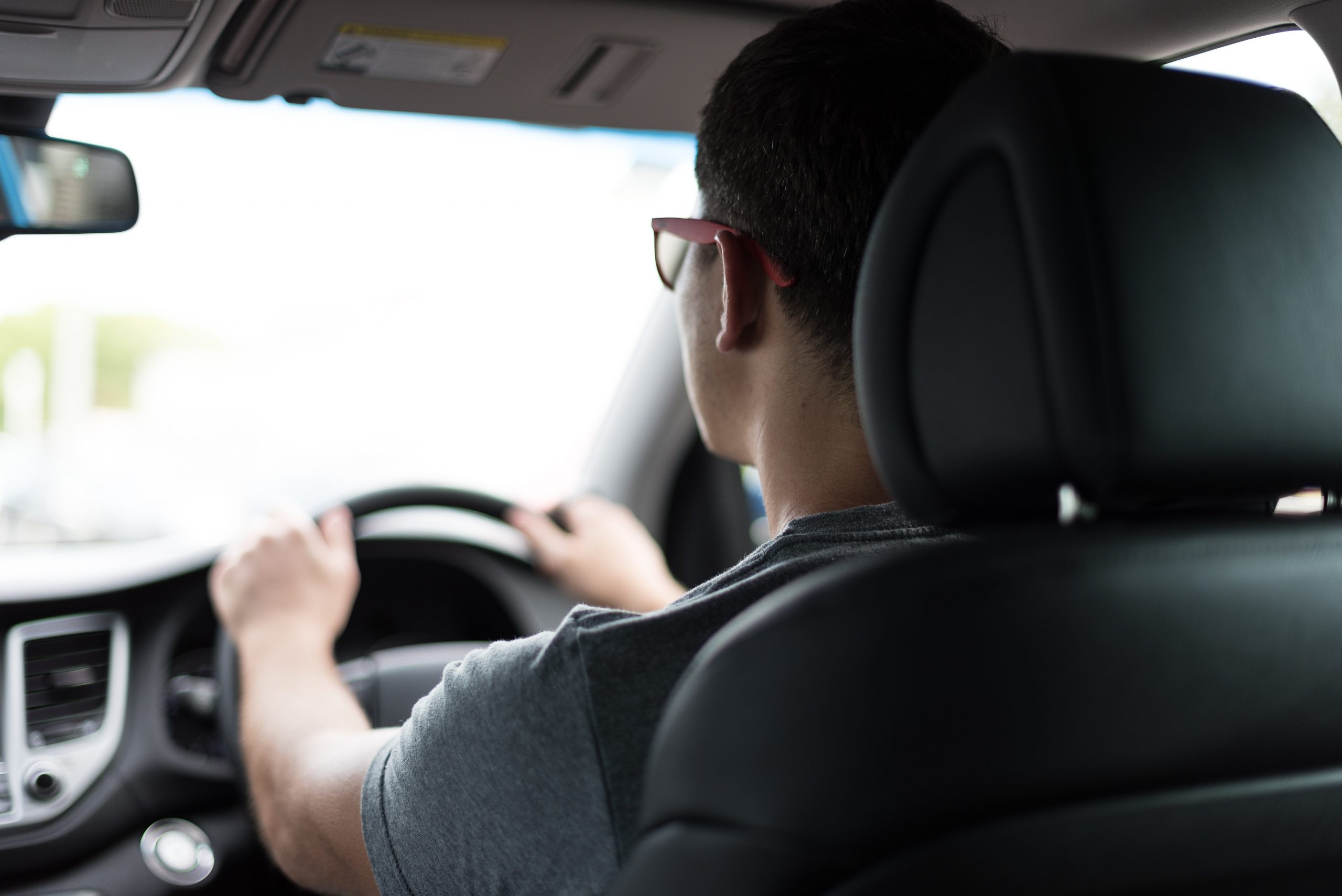A long-awaited ruling by the Supreme Court confirmed that Uber drivers are workers rather than self-employed sub-contractors, and are therefore entitled to employment rights, such as holiday pay, and national minimum wage.

Whether or not the principles set out in the ruling are codified into legislation, this judgement is expected to define status cases for years to come.
This judgement will also have a significant impact on working practices in the wider gig economy, where short-term contracts and freelance work are prevalent.
The background
The case initially began in 2016, when two drivers brought the case before the courts, as they believed they should be considered workers, rather than self-employed subcontractors.
Uber has continually refuted this, arguing that it is a technology services provider, acting as an agent for drivers in their business relationship with passengers.
The Employment Tribunal and Court of Appeal had previously both found that the drivers were workers, and were working whenever they had the Uber app on, were within the territory in which they were authorised to work, and were able and willing to accept assignments.
The ruling
The Supreme Court dismissed Uber’s appeals and upheld the decisions of earlier courts finding that in reality the drivers worked for Uber as there was no contract between the driver and passenger.
Uber drivers are now entitled to claim minimum wage which extends to their entire working day, rather than just when they are on a trip, as well as being entitled to 5.6 weeks’ of paid leave each year, amongst other whistleblowing and similar rights.
The Court determined 5 aspects that signified the drivers’ worker status:
- Uber determines how much drivers are paid for the work they do, by setting fares for trips
- The contract terms are imposed by Uber and drivers have no say in this
- Drivers are monitored on whether they accept trip, and can be penalised for rejecting too many trips in a row
- Uber has significant control over how drivers deliver services, such as through a rating system. Drivers who receive consistently poor ratings may have their relationship with Uber terminated
- Uber restricts communication between the driver and passenger thus limiting the drivers’ ability to extend the relationship beyond the individual trip.
According to the Supreme Court, the level of control as evidenced in these 5 points, means that drivers could not increase their income using “professional or entrepreneurial skill”, as would be expected of someone who was self-employed, meaning they worked for Uber and not themselves.
WHEN ARE DRIVERS “WORKING”?
The Court held in addition, that drivers were also working during any period when they were within their territory, had the Uber app switched on and were ready and willing to accept trips. Whilst there was no dispute that drivers were working when transporting a passenger, the Supreme Court found that waiting time could also count as working time.
Practical implications of the judgement for employers
There are clearly far wider implications as a consequence of this ruling than for the Uber drivers. There have been a number of business models that have proven incompatible with genuine self-employment and every case remitted to tribunals is judged on the individual facts. However, businesses who wish to use a freelance workforce should give careful consideration to the terms and arrangements they put in place. In particular, and with this judgement in mind, remembering that it is what happens in practice that is important, or arguably more important, than agreed written terms and conditions with individuals.
If you have any concerns about how this judgement may affect your business, please get in touch with Vivienne Tolley, HR Services Director.




